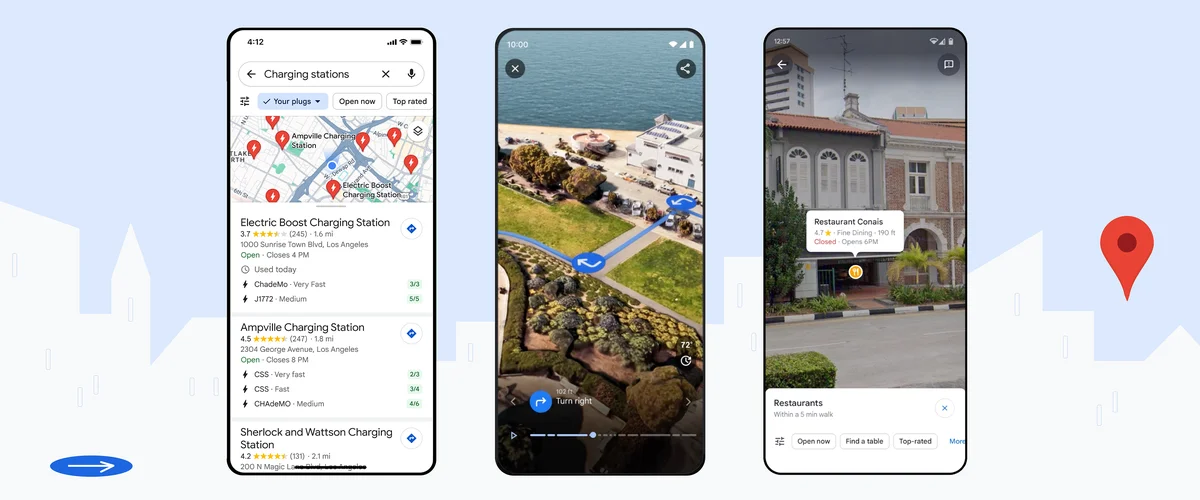
Google last week announced that it has integrated Gemini AI into mapping applications, enhancing its suite of mapping tools. As the company seeks to regain its early lead in AI development, this integration reflects its efforts to incorporate advancements into widely used apps and devices.
With Google Maps surpassing 2 billion monthly active users, CEO Sundar Pichai highlighted the importance of AI investments during quarterly earnings. He noted that these investments are “paying off” for the company’s growth.
Enhanced Search Features for Users
The recent announcement introduced a new category of search results that effectively processes open-ended queries. For instance, users can now ask, “What are some fun fall activities in Seattle?” or “What can I do with friends at night in Boston?” In the past, Google Maps often returned generic results, displaying tourist attractions that might not be relevant at certain times, such as closed venues.
Miriam Daniel, a vice president overseeing consumer experiences for Google Maps, explained that Gemini AI can comprehend context, like the time of day or season. “It’s not just ‘What’s near me?’ It’s actually ‘What can I do tonight?’” she said.
Contextual Understanding and User Interaction
The new AI features do not replace existing location listings; instead, they appear above or below them. Consumers can also ask Gemini questions about specific places, allowing the software to analyze user reviews and provide tailored responses.
In response to past criticism regarding inaccurate AI search results, Google is taking measures to cross-reference Gemini’s outputs with real-world data. This aims to prevent issues, known as hallucinations, that have plagued other AI tools.
Broader AI Capabilities in Google Tools
Google also announced enhancements to other applications, including Google Earth and the navigation app Waze. These improvements involve chatbots designed to assist developers and urban planners in analyzing geographic data more efficiently. Additionally, Waze now allows drivers to report road incidents using voice commands.






